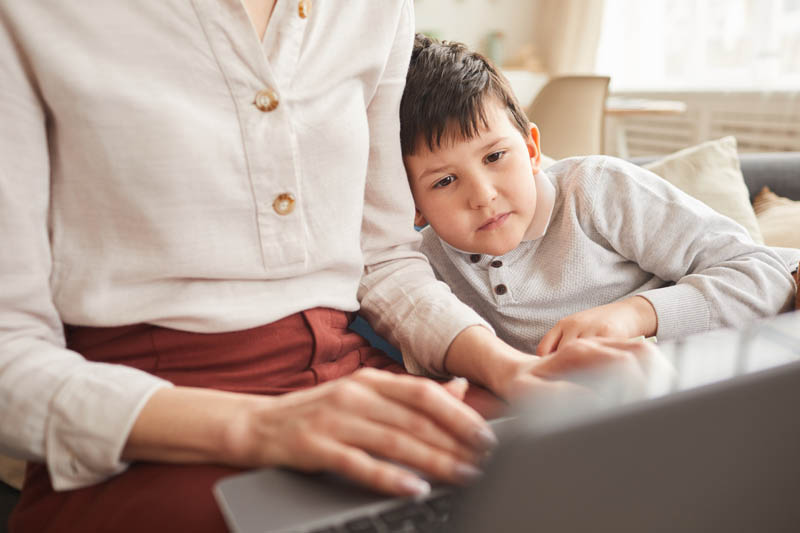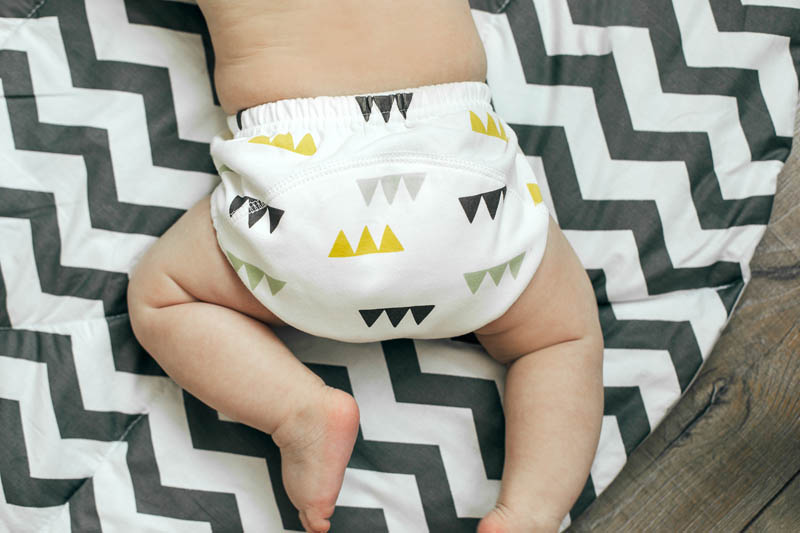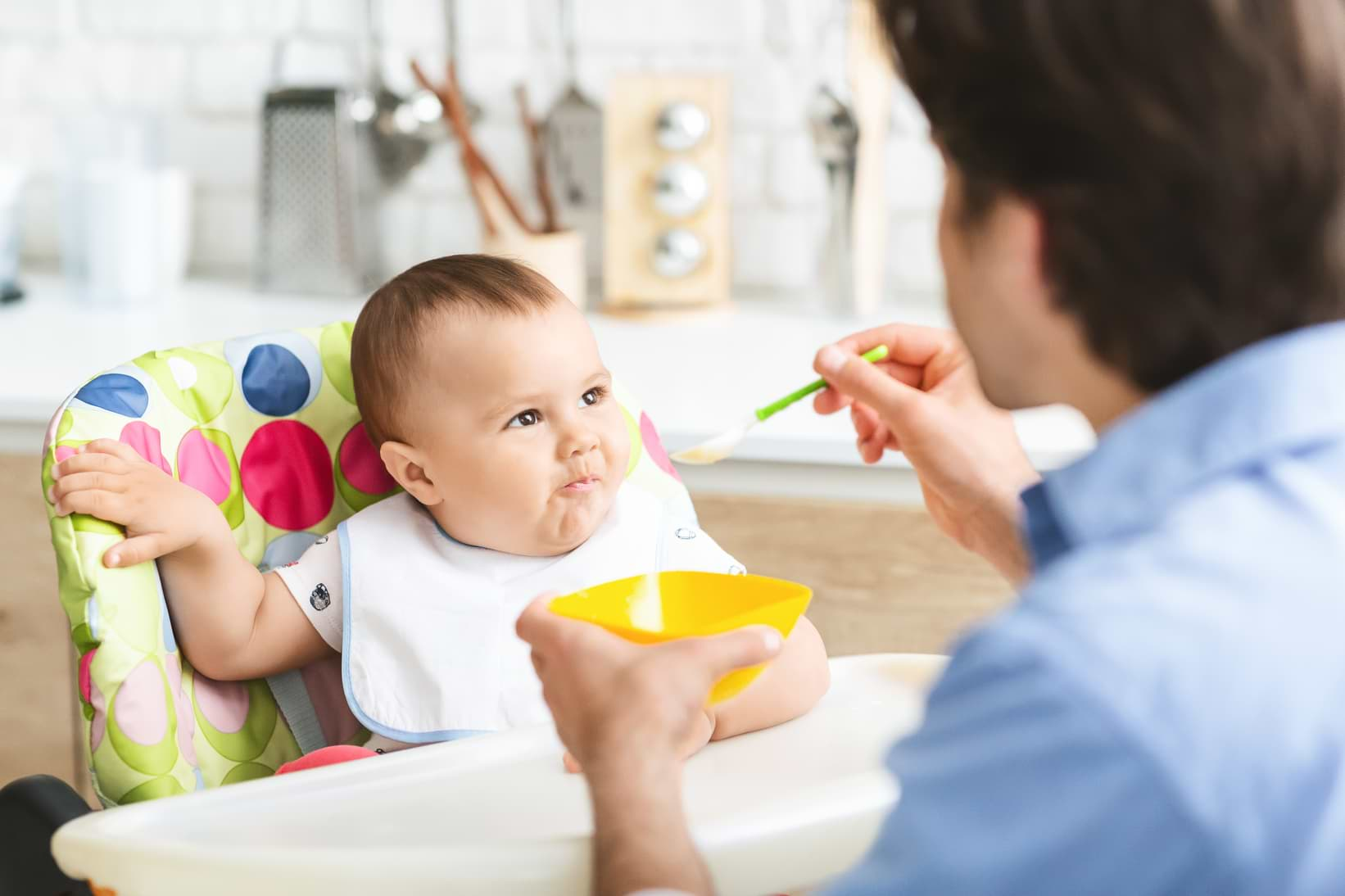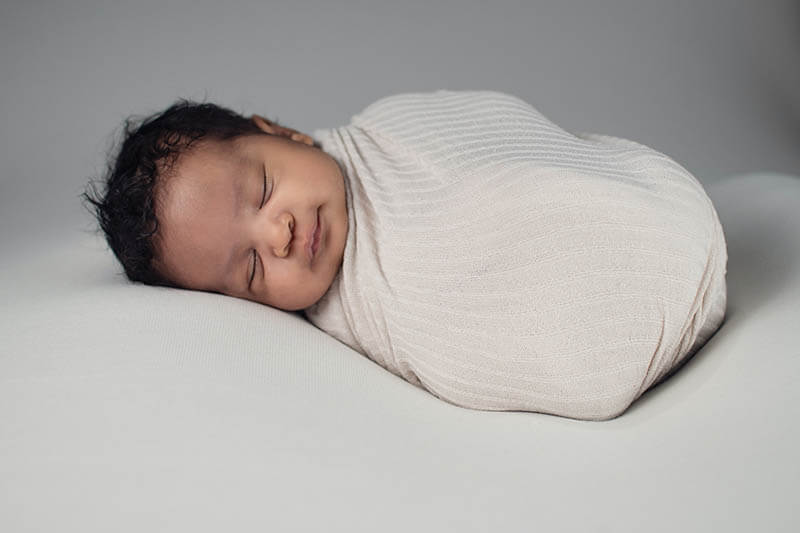Social media are an important part of the lives of millennials. According to the statistics provided by the Pew Research Center, 88% of respondents aged 18-24 use at least two social networks every day.
All our life is out there, and even an ignorant person can make up a psychological portrait of a user by looking at their posts, list of friends or followers, communities, and shared photos.
Many problems and important social phenomena are associated with social networks today, among which are addiction, fake life, stalking, and… Sharenting.
The term sharenting is comprised of the words share and parenting. So it’s pretty easy to guess what it means – people have given birth to a child and strive to show every day of their little offspring’s growing up to the whole world. From the very first steps till graduating from the university, marriage, and other aspects of their lives.

No other generation was as surrounded by public attention as today’s children. In fact, many kids appear on Facebook, Instagram, or their parents’ blogs before they are even born, and this may have certain consequences.
Information Leak
First of all, when parents share photos of their kids on public resources, there is a risk this content will appear on websites related to pedophilia and a high probability of disclosure of children’s data: full name, age, location, etc.
Many photos contain certain ‘hints’ of where children live, revealing their routines and place of residence. Malicious users can easily figure out the financial state of the family and use this information to commit a crime.
Naked, Underwear, and Other Embarrassing Photos
Surveys have shown that around 40% of parents don’t see anything wrong about posting photos of their children wearing (or not) underwear or having a rub-a-dub-dub time not only in their private accounts but also on those social platforms where these photos will be public.
If earlier the maximum level of shame was experienced by the child at a family dinner, when grandma, with sweet nostalgia in her voice, told all guests how he, as a baby, ran around the garden naked, today these “naked” photos can suddenly become the subject of cyberbullying.
Other dangers of sharenting are much less obvious, although no less serious.
Digital Footprint
A photo shared online is an image created for the public. Often without the child’s consent or even their knowledge of this fact.
What are the consequences? By posting and/or updating your child’s photo on social media, you create a digital footprint and a digital personality, depriving your child of the right to choose and often without even thinking about what you are bringing out. By the time children are old enough to use social media, they will have an identity that has already been created for them without their participation.
Ultimately, the digital footprint of the child created by their parents should not make them feel ashamed or depressed as they grow older. On top of that, any photo posted online may be seen by employers, friends, and partners of your adult son or daughter in the future. The Internet remembers everything.

Needs Explanation
Another danger of sharenting lies in the lack of context which does not provide a complete and accurate reflection of thechild’s personality. And one of the ways to form a child’s personality is to keep private information about them secret from the majority.
A child who does not yet have the right to vote and does not understand what is being written or what photos are being posted can be persecuted with this information in adolescence and adulthood. It is the responsibility of parents to think carefully before getting carried away with sharenting.
Teenagers can be particularly affected by the consequences of sharenting. Parents who post photos of their 10-17-year-old children must be sure the published information will not cause them difficulties later when communicating with their peers, or be a trigger for bullying. You have to remember that children can be very cruel, and even those innocent photos of a cute baby can cause them a lot of problems when entering school.
As your children get older, your posts about them can cause more than just a blush on their cheeks. They can negatively affect their future capabilities. When your child goes to the university or gets hired, these profiles may still be available to the rest of the world.
With a growing number of employers and companies that check all social media accounts before hiring a candidate, the consequences of reckless sharing your kids’ photos should be seriously considered.
How can a short video with your 8-year-old child quoting the 50 Shades of Gray or holding a Playboy affect his career progress? It seemed so funny many years ago but think about the rumors spread by the subordinates or employees of your child, who has grown up and managed to take a leading position.
Or what if your already grown-up daughter or son suddenly stumbles upon a video where you unfavorably compare them to their sibling? Or a post in social media where you share your problems with your followers or ask a specialist for recommendations to solve problems of physical, emotional, or mental nature which, as the child believed, remained private.
On the other hand, adults with their posts can easily take away this important part by sharing it beyond measure on social networks, which grossly violates the boundaries between public and personal information.

Would this photo be appropriate if it were about an adult?
Remember not to share anything that would embarrass an adult, be it the one on the photo or the viewer. This means you have to think twice before posting those cute bare baby bums.
If my children read/saw this, would they be ashamed, or upset, or hurt, or angry?
Even if your kid is too small to read your last post, just imagine he/she has read and understood it. And now if you feel the slightest bit of pushback, you should refrain from posting it.
Was the situation represented in the photo described properly and truthfully?
Was the photo of a naked, misbehaving, or hysterical child left without comment at all giving grounds for people to create their own opinion and reflection? When you publish a photo of a crying child, don’t describe him as “naughty”, “stubborn”, “misbehaving”, “squirrelly”, etc. if you were involved in such a reaction or if there was a certain reason for that behavior (for instance, teething pain or sleep deprivation).
Were your privacy settings adjusted correctly?
If you’ve decided to post a photo of your child, make sure it can be viewed only by close friends and relatives. When it comes to young and minor children, it is best to avoid public access. And remember that a tagged photo sent to family members can be seen by their friends as well.

Love and attention to your child can be expressed in a thousand ways. Instead of writing a touching post about how proud you are of your kid, just say it in person. Go to the park together, have a trip to another city, or plan a family day where you will be able to take lots of emotional photos for your family archive and enjoy looking through them together years later.





